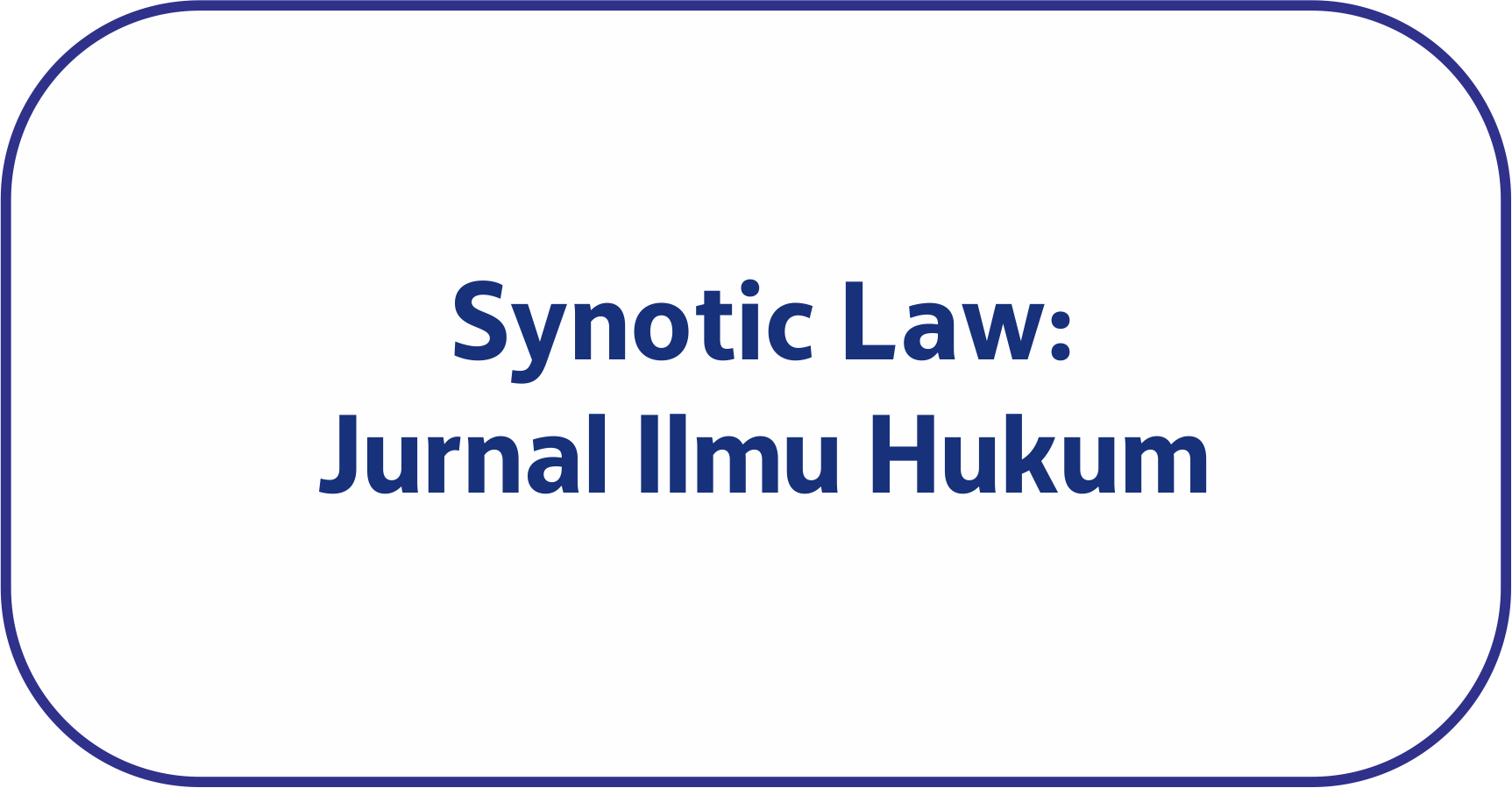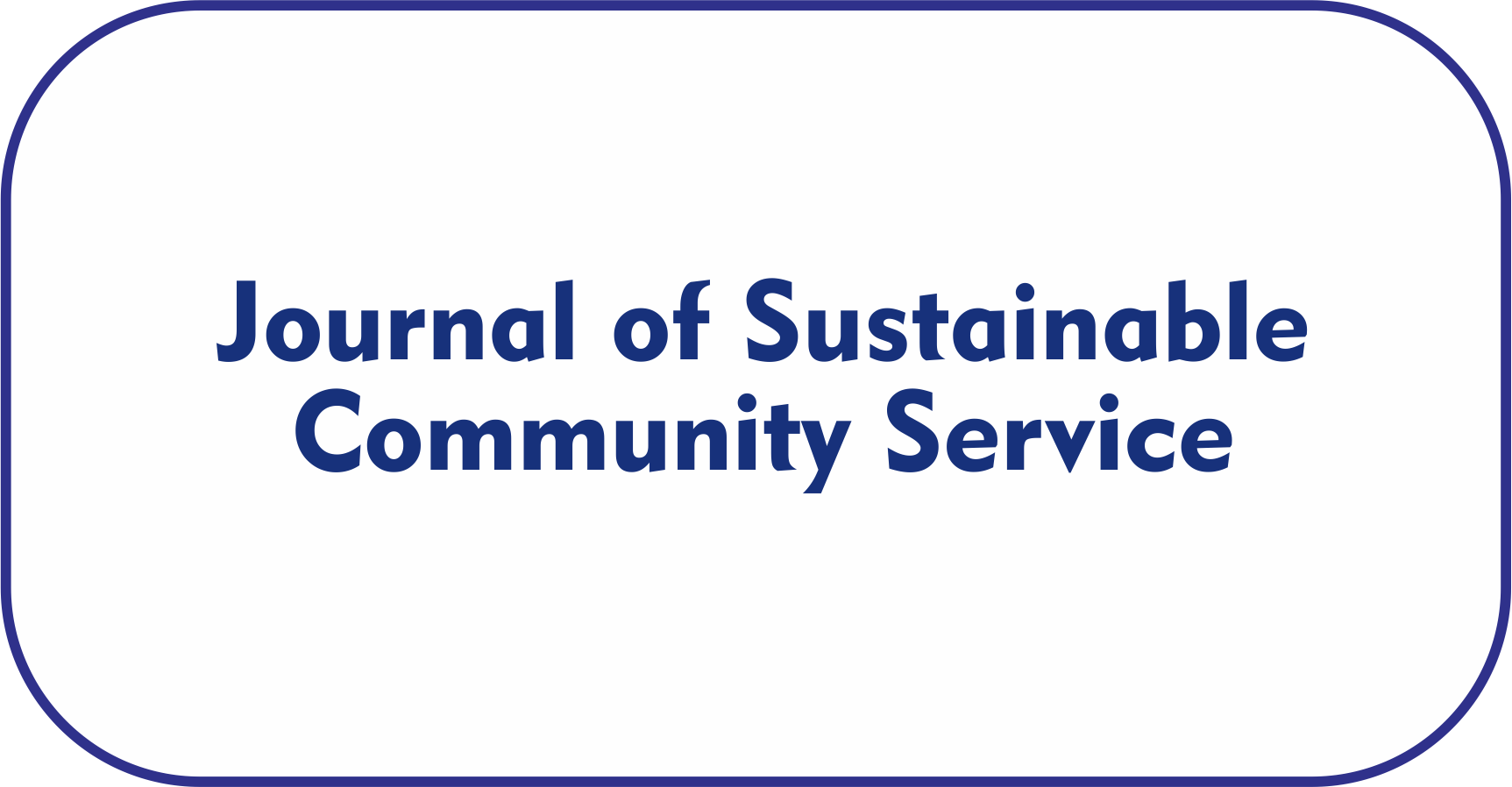ANALYSIS OF THE PERFORMANCE OF THE NATIONAL AMIL ZAKAT INSTITUTION BAITUL MAAL HIDAYATULLAH USING THE BALANCED SCORECARD METHOD
Main Article Content
Tri Winarno*
Imam Muhtadi
Daman Sudarman
The management of zakat in Indonesia has experienced significant growth, particularly in terms of reporting that aligns with both sharia and government regulations. The National Amil Zakat Institution Baitul Maal Hidayatullah (BMH) plays an important role in the distribution of zakat funds, contributing to social welfare. However, the challenge in measuring the performance of non-profit organizations often centers on financial aspects, making a more comprehensive approach necessary. This study aims to analyze the performance of BMH in managing Zakat, Infaq, and Sadaqah (ZIS) funds using the Balanced Scorecard method, which enables evaluation from multiple perspectives, including financial, operational, and service. The research methodology used is a qualitative approach, collecting primary data through interviews with BMH management leaders and direct observation of zakat management practices. Secondary data were also obtained from BMH’s internal documents and reports. The analysis was conducted using the Balanced Scorecard framework to assess the institution's overall performance. The results show that BMH has demonstrated good performance in managing ZIS, with positive scores in various evaluated perspectives. However, some areas need improvement, such as strengthening social legitimacy and improving program management. This study recommends strategic steps to enhance the effectiveness and efficiency of zakat management, and to reinforce BMH’s position as a trusted amil institution in society.
Al-Qaradhawi, Y., Narulita, S., & Fauzan, F. (2005). Spektrum zakat dalam membangun ekonomi kerakyatan. Zikrul Hakim.
Baznas, P. T. B. (2016). Prinsip-Prinsip Pokok untuk Penyelenggaraan dan Pengawasan Zakat yang Efektif. BAZNAS RI.
Farah, J. M. S., Shafiai, M., & Ismail, A. G. B. (2019). Compliance behaviour on Zakat donation: A qualitative approach. IOP Conference Series: Materials Science and Engineering, 572(1), 12040.
Hakim, L. N., Huda, N., & Setianingrum, A. (2022). Accreditation Model Zakat Management Organization (ZMO) In Indonesia. AZKA International Journal of Zakat & Social Finance, 124–142.
Khoiruddin, M., Wijayanto, A., & Wijaya, A. P. (2023). The Balanced Scorecard Assessment For Public University Management. EPRA International Journal of Environmental Economics, Commerce and Educational Management. Https://Doi. Org/10.36713/Epra14569.
Mahmudi, R. (2015). Manajemen Kinerja Sektor Publik Edisi Kedua. Yogyakarta: UPP STIM YKPN.
Nasional, D. K. dan P. Z. D. (2024). Outlook Zakat Indonesia.
Silalahi, E. E. (2023). The Balanced Scorecard Model for Strategic Business Management. International Journal of Current Science Researchand Review, 6, 3014–3019.
Sulaiman, R. (2010). Hukum Fiqih Islam. Sinar Baru Algensindo Bandung.











































